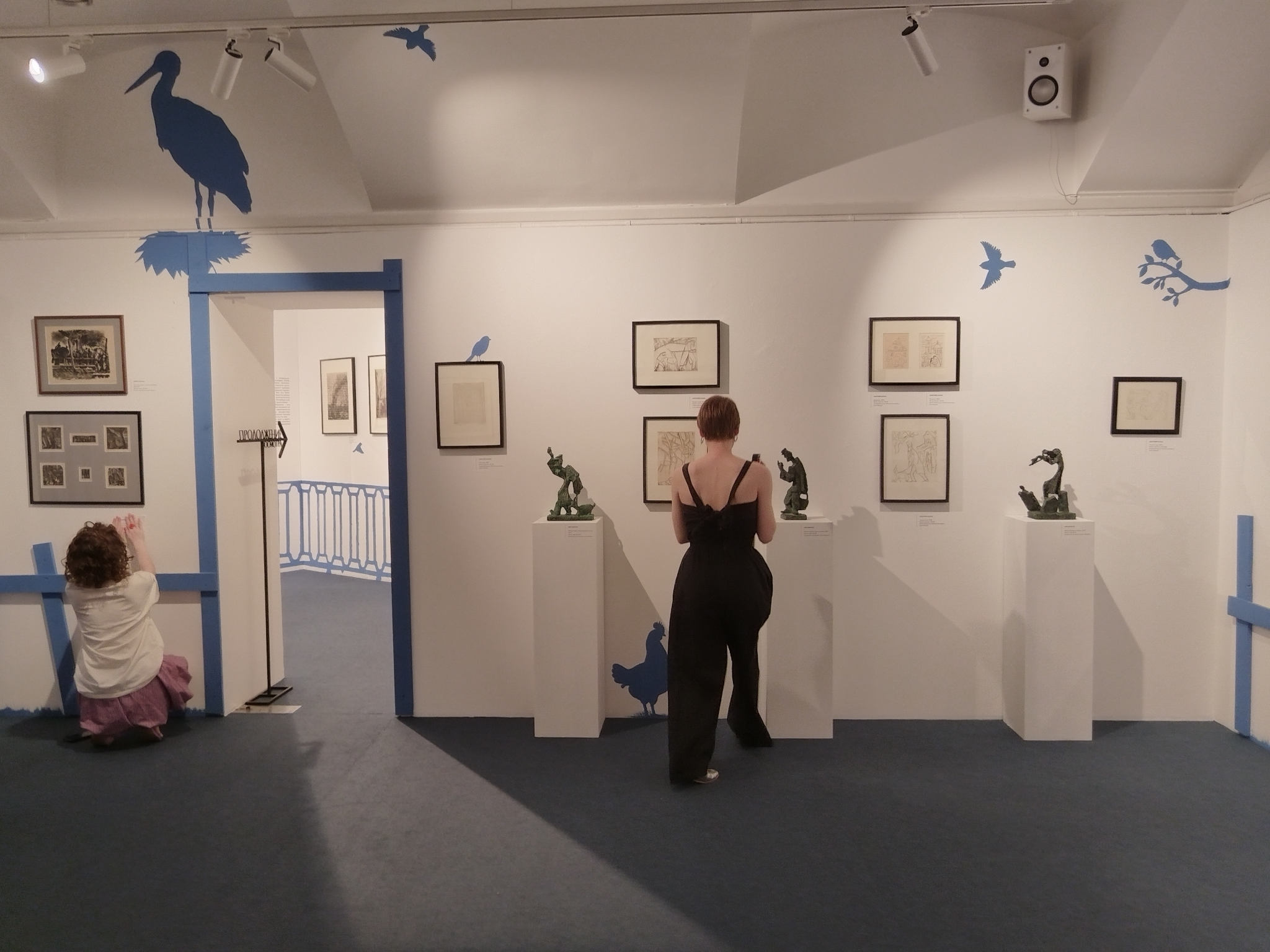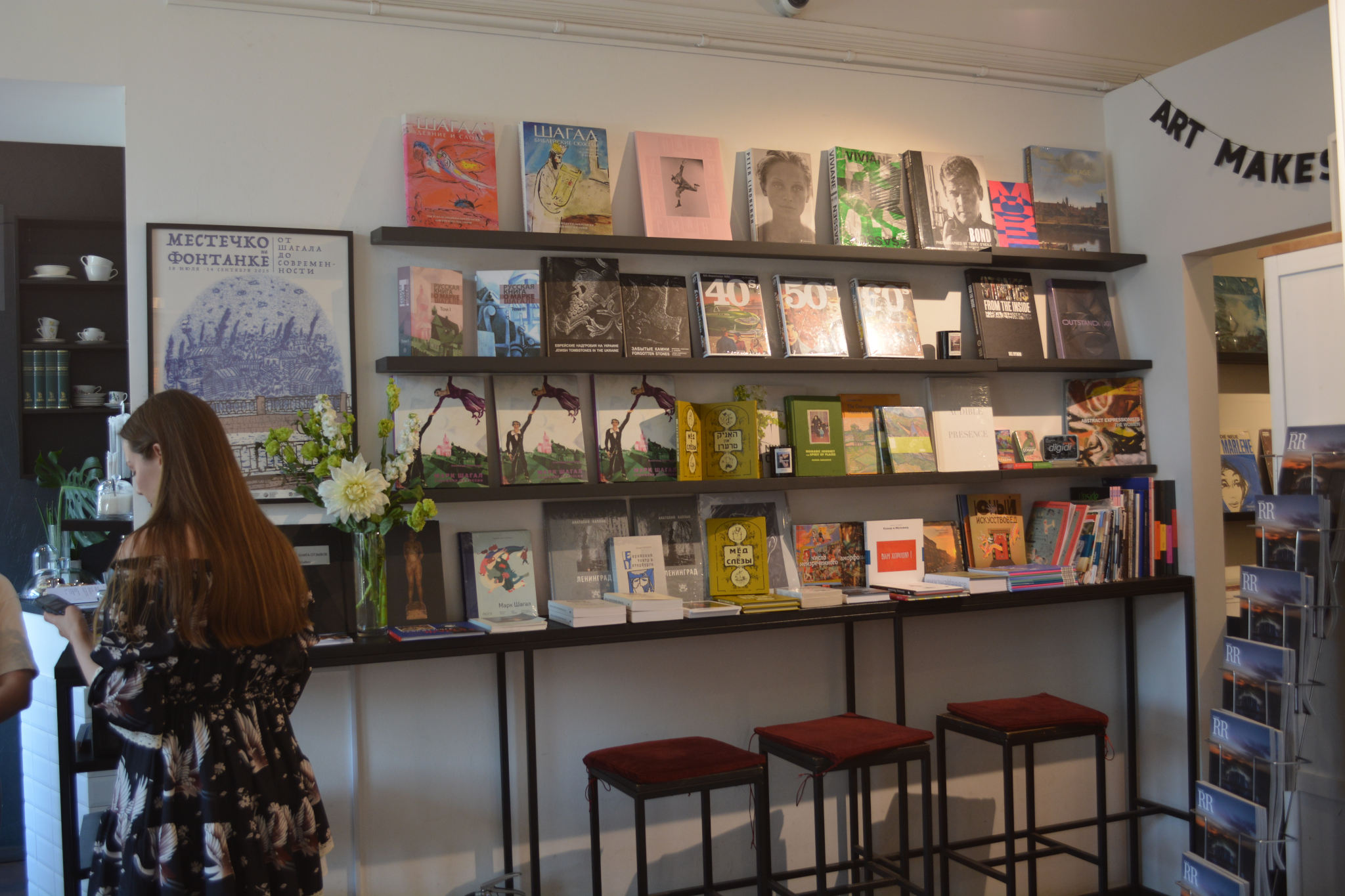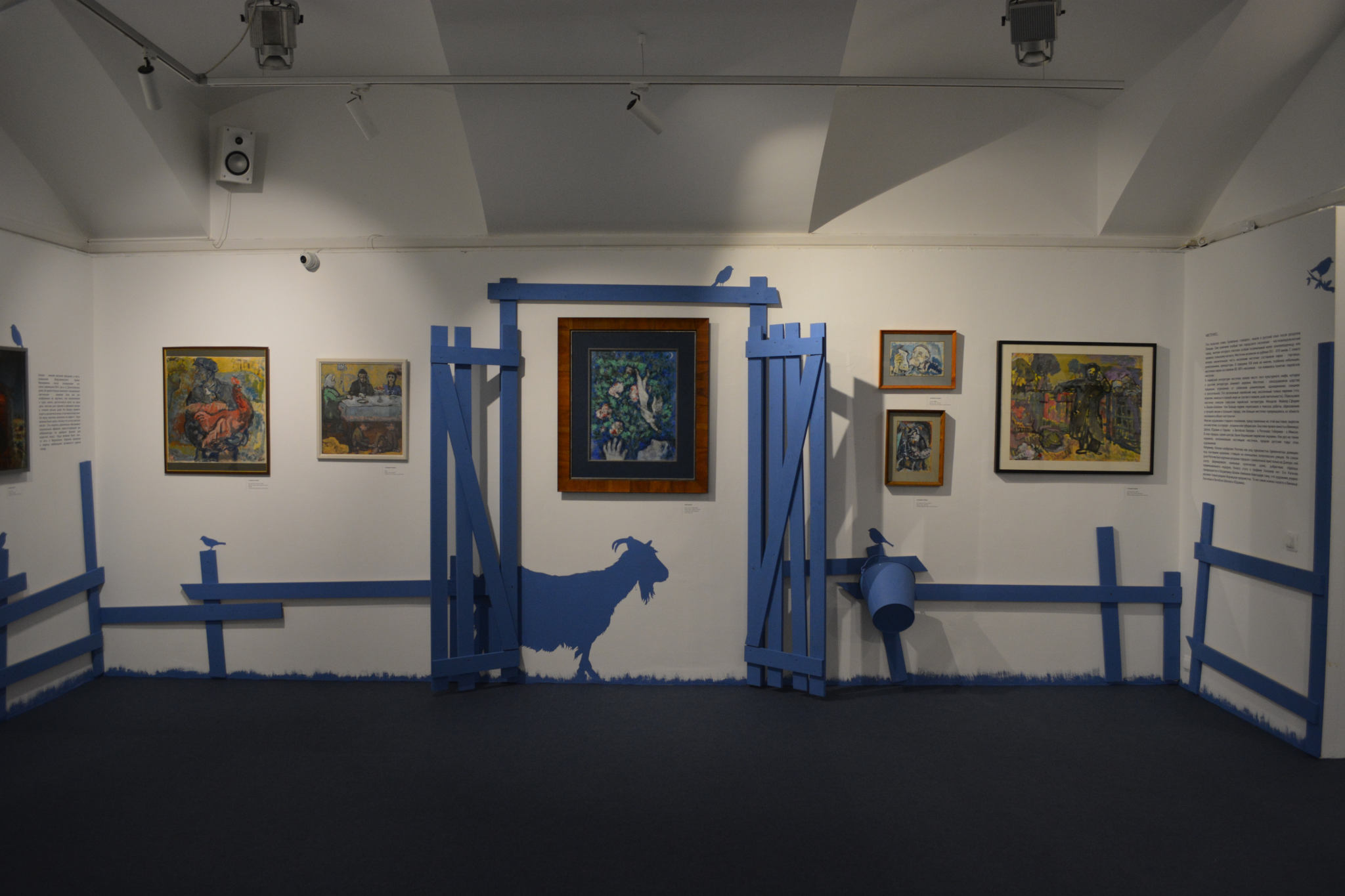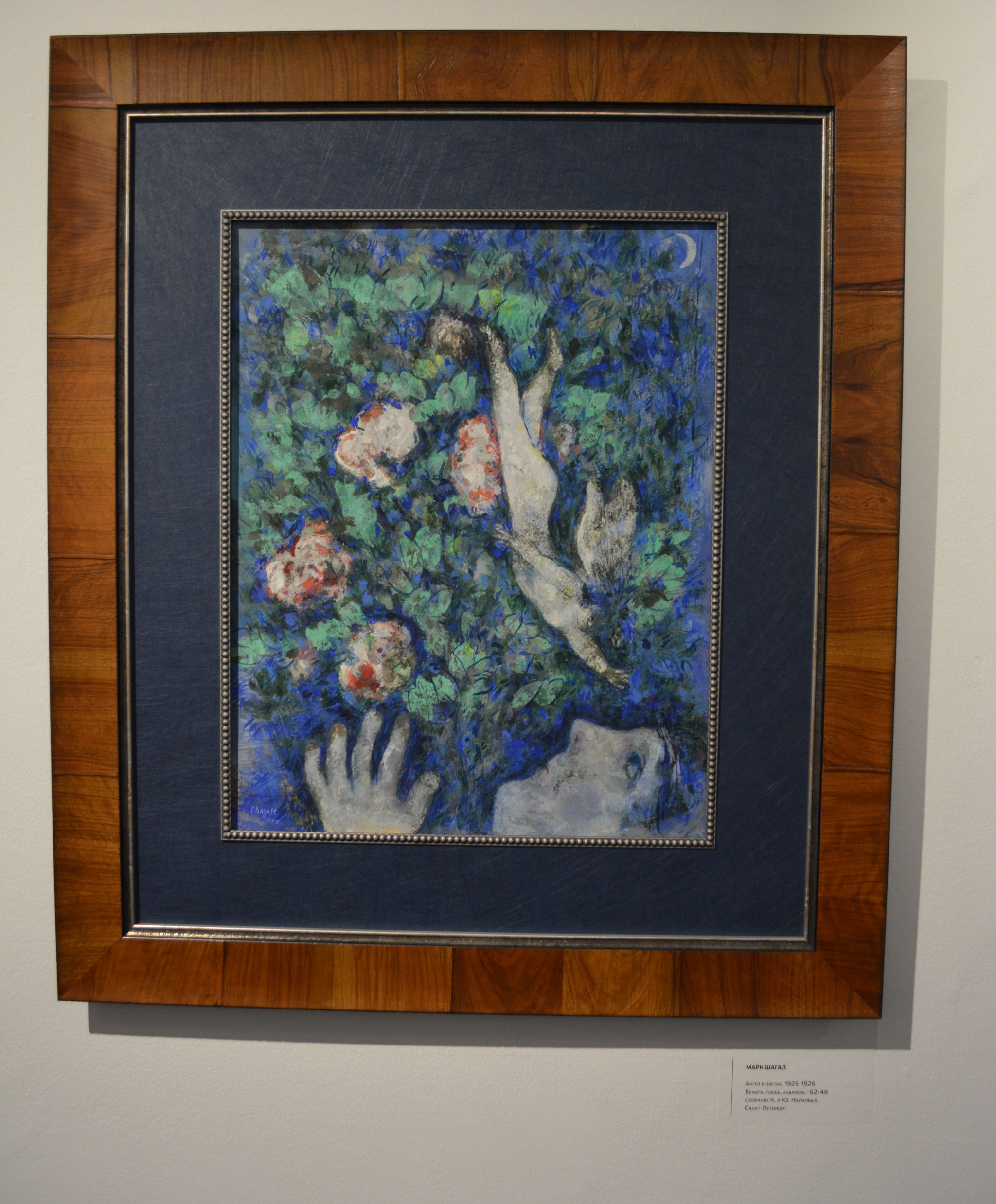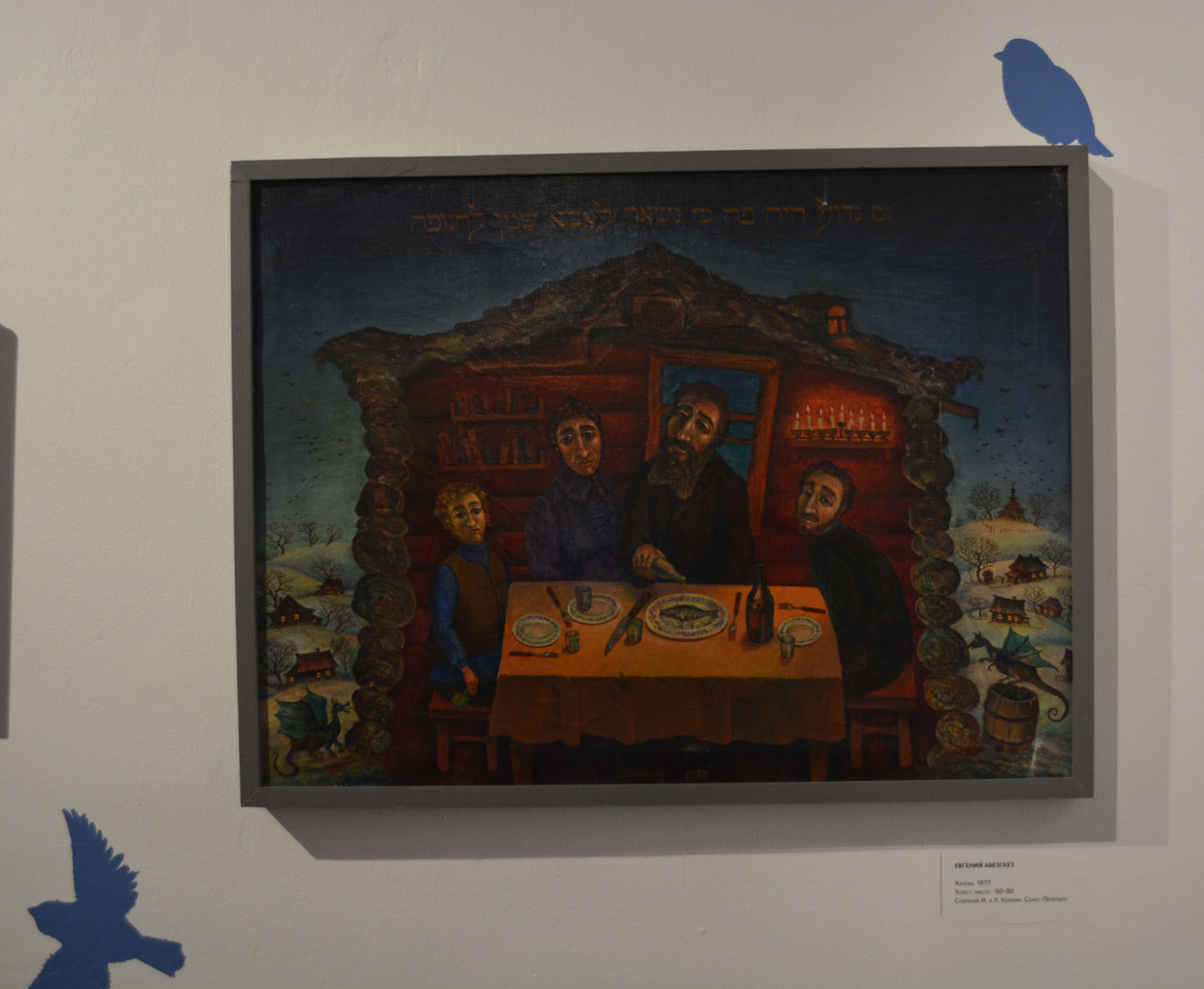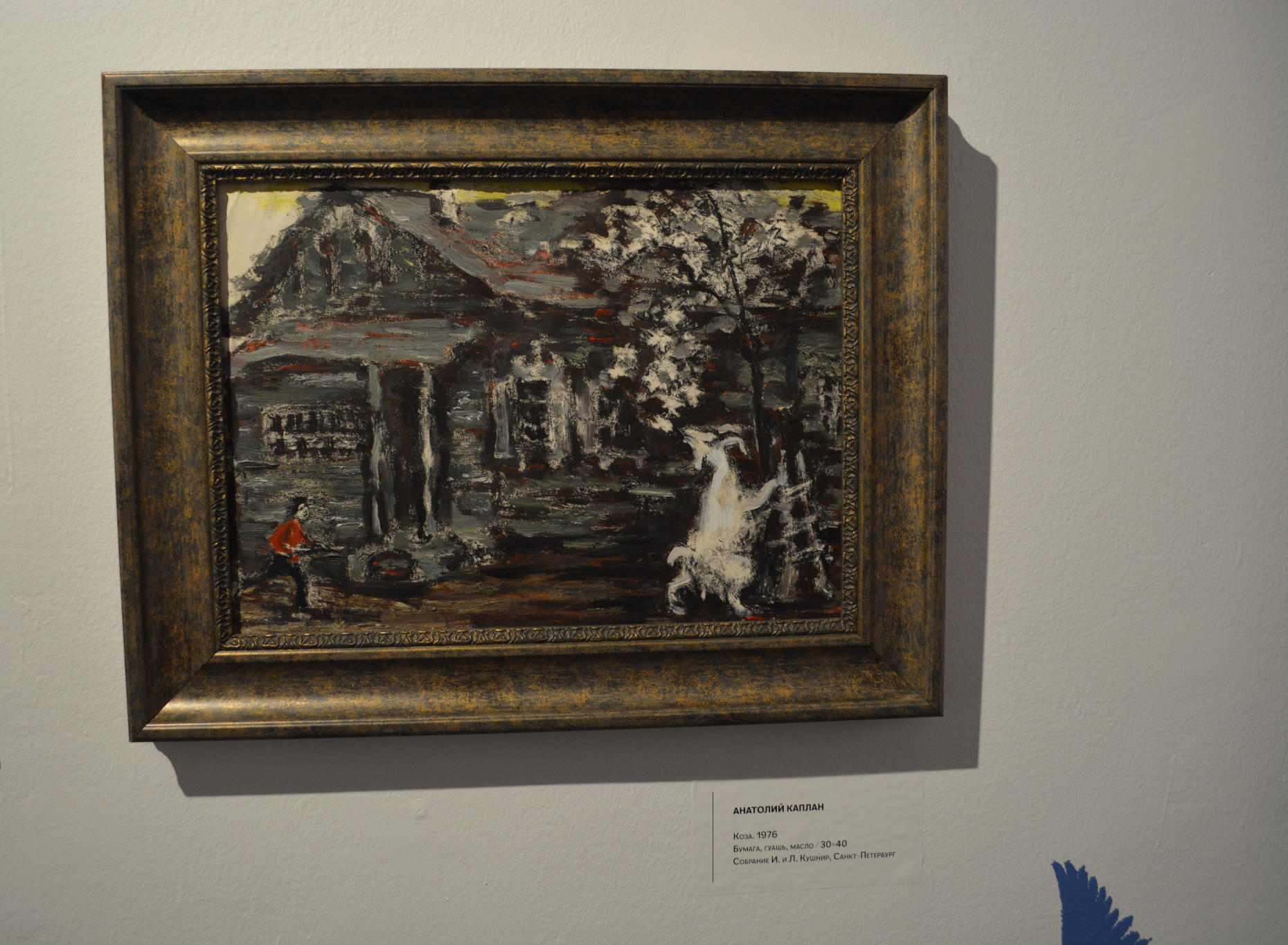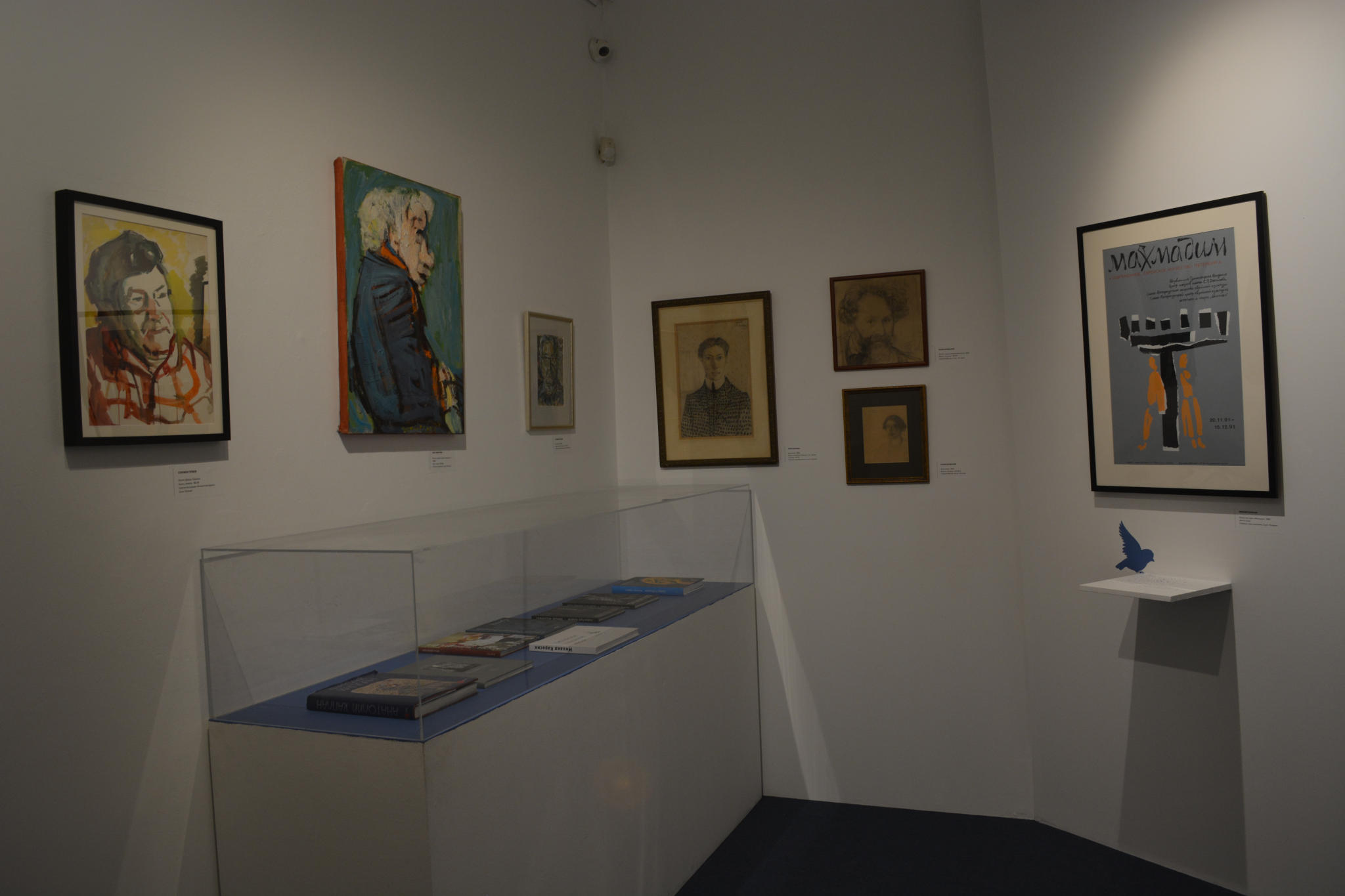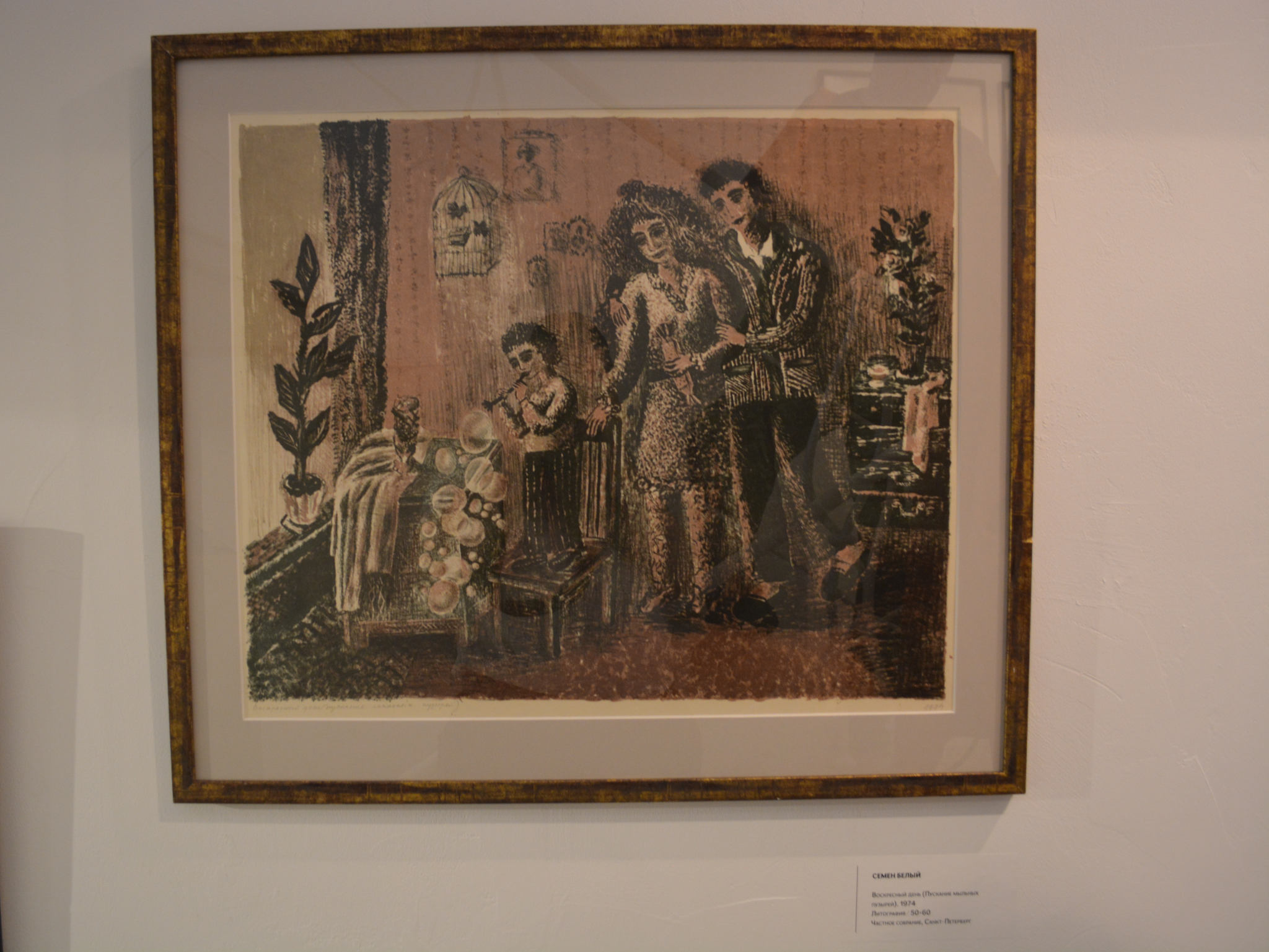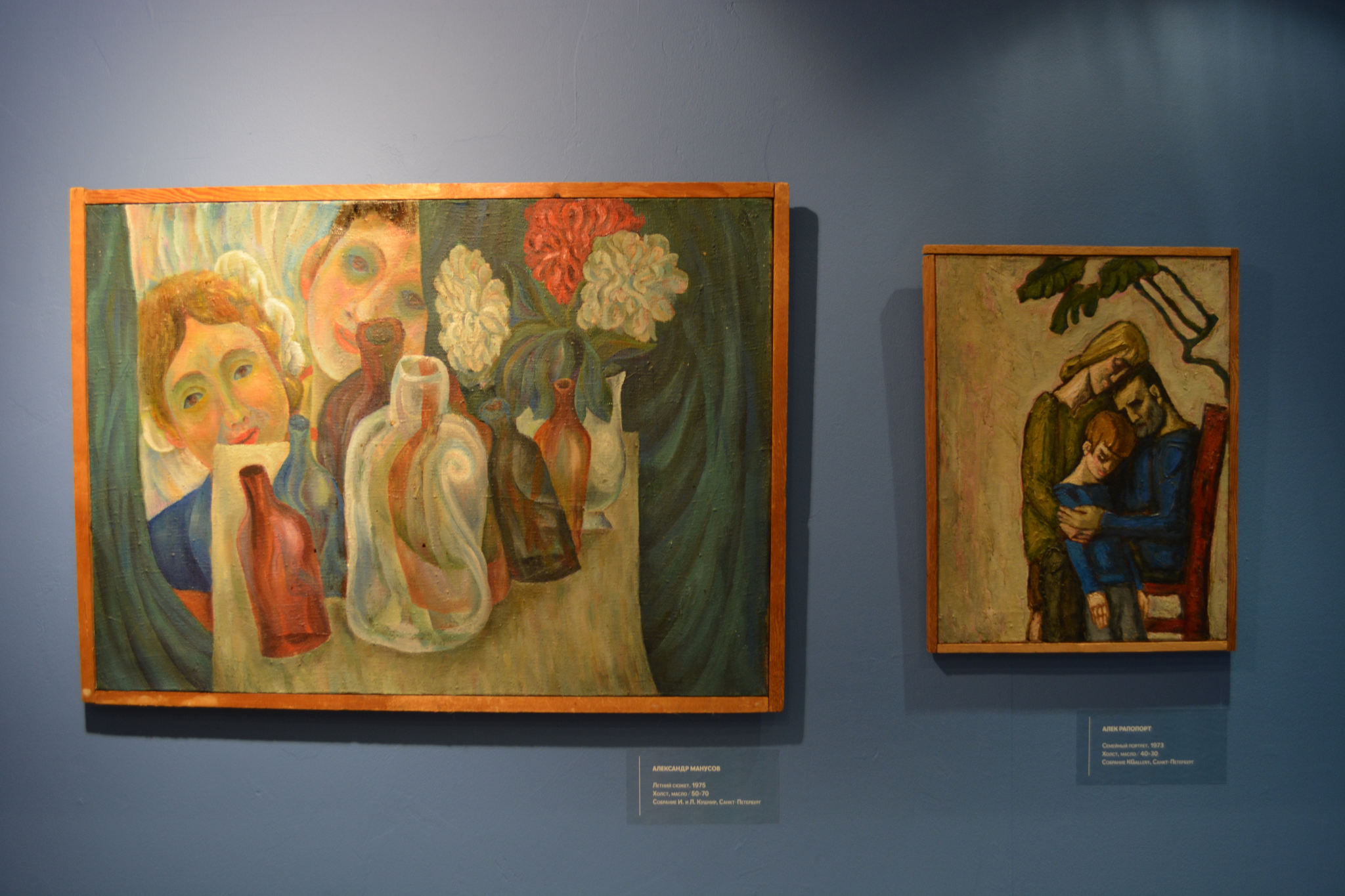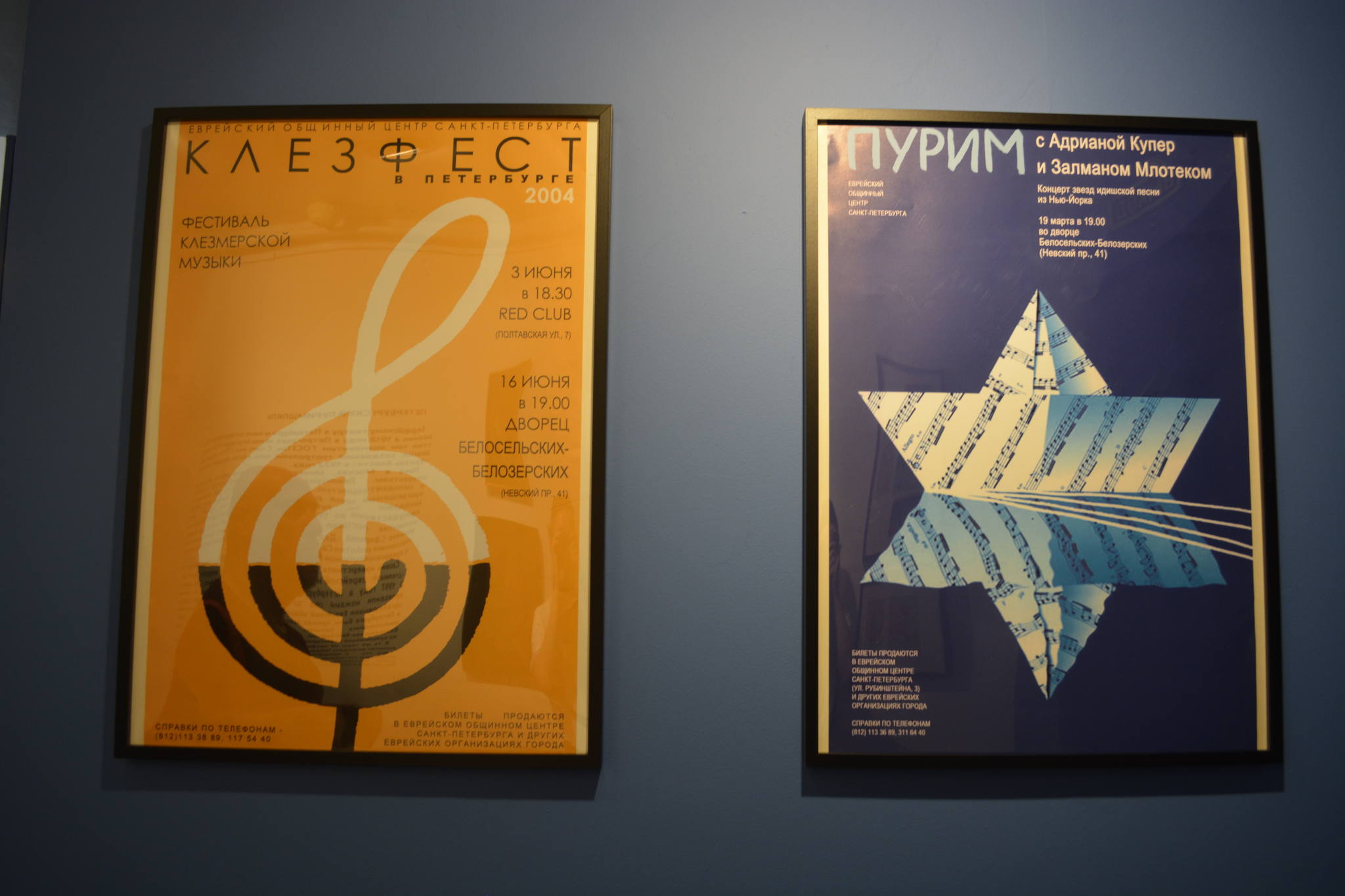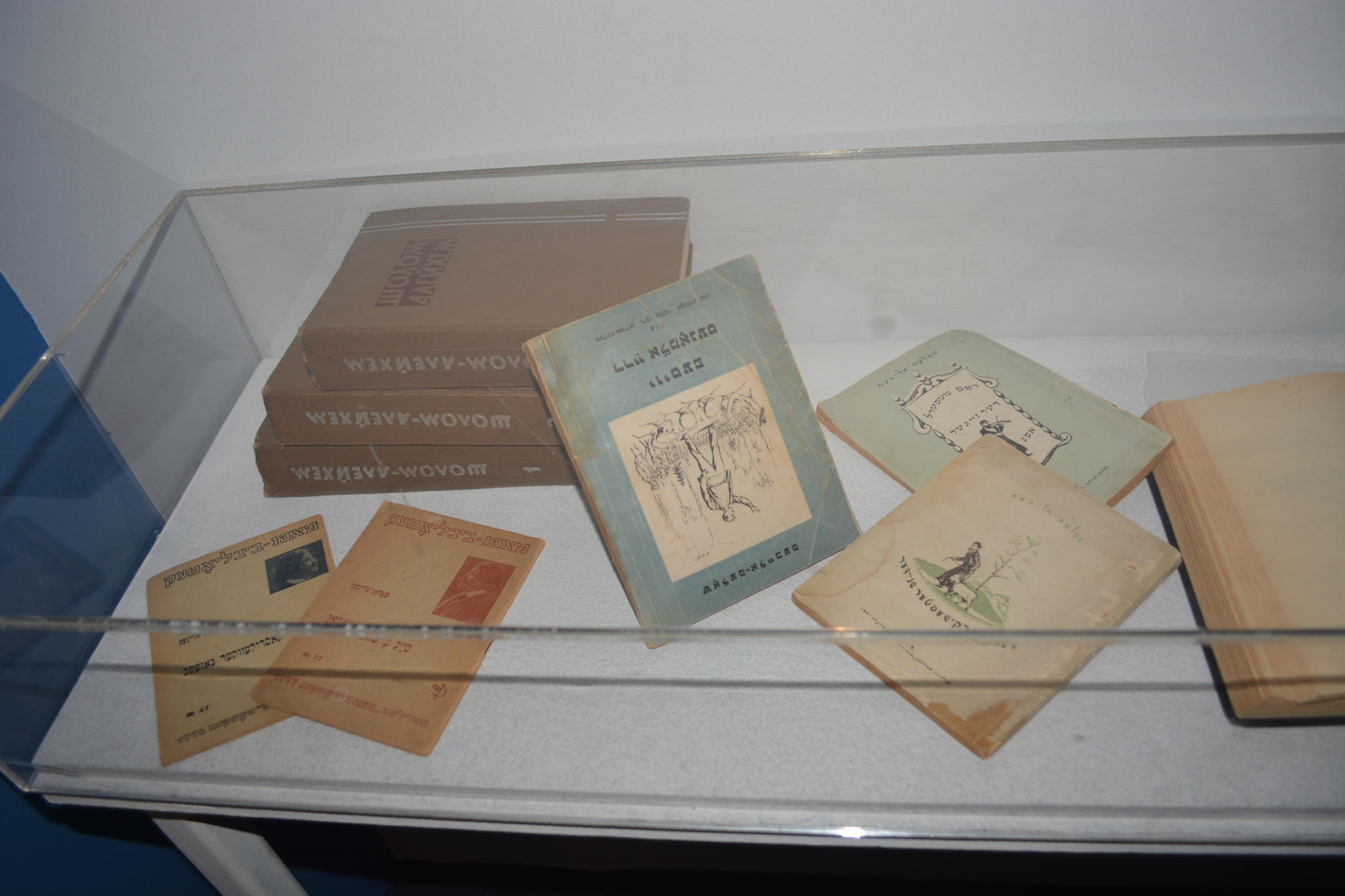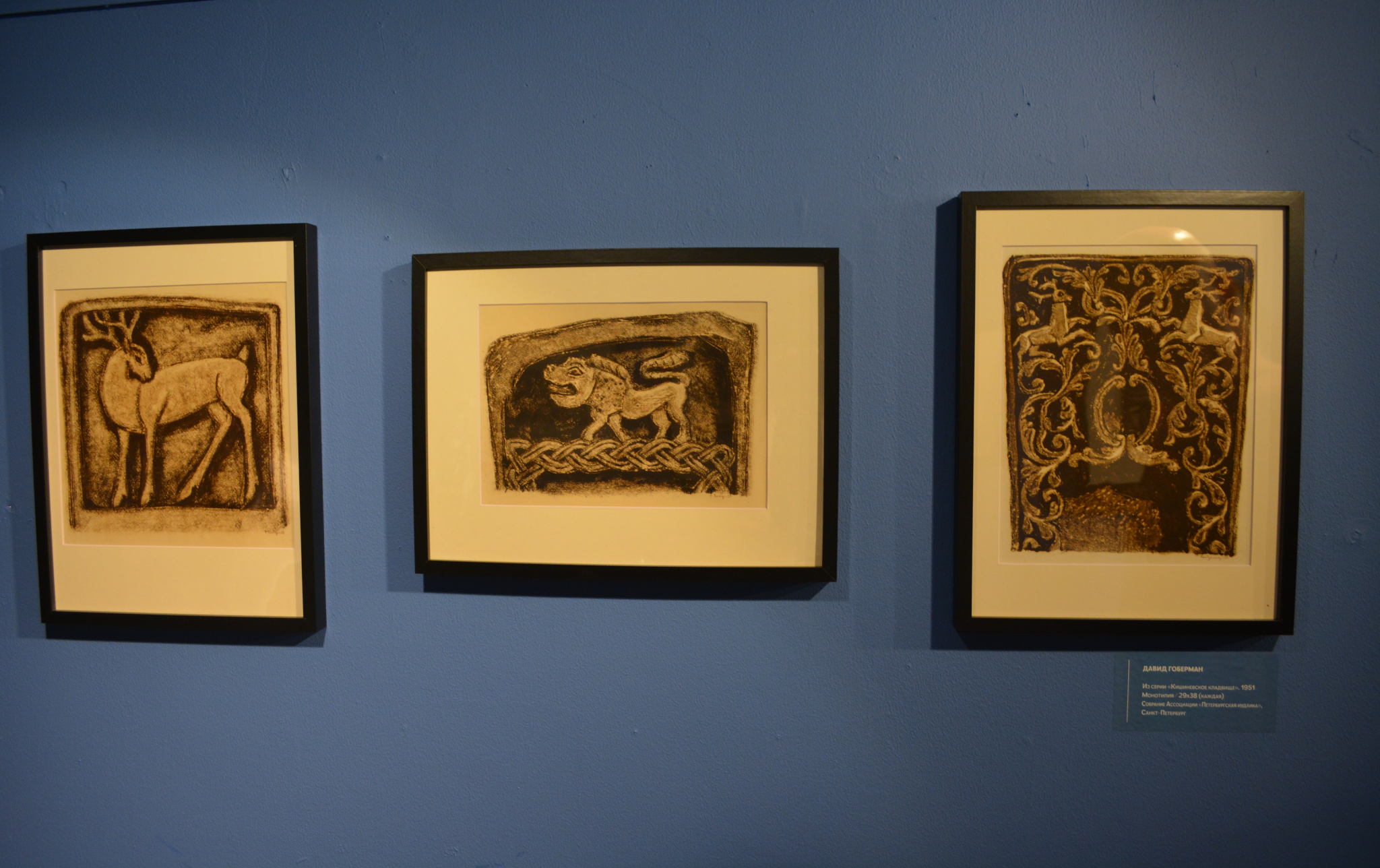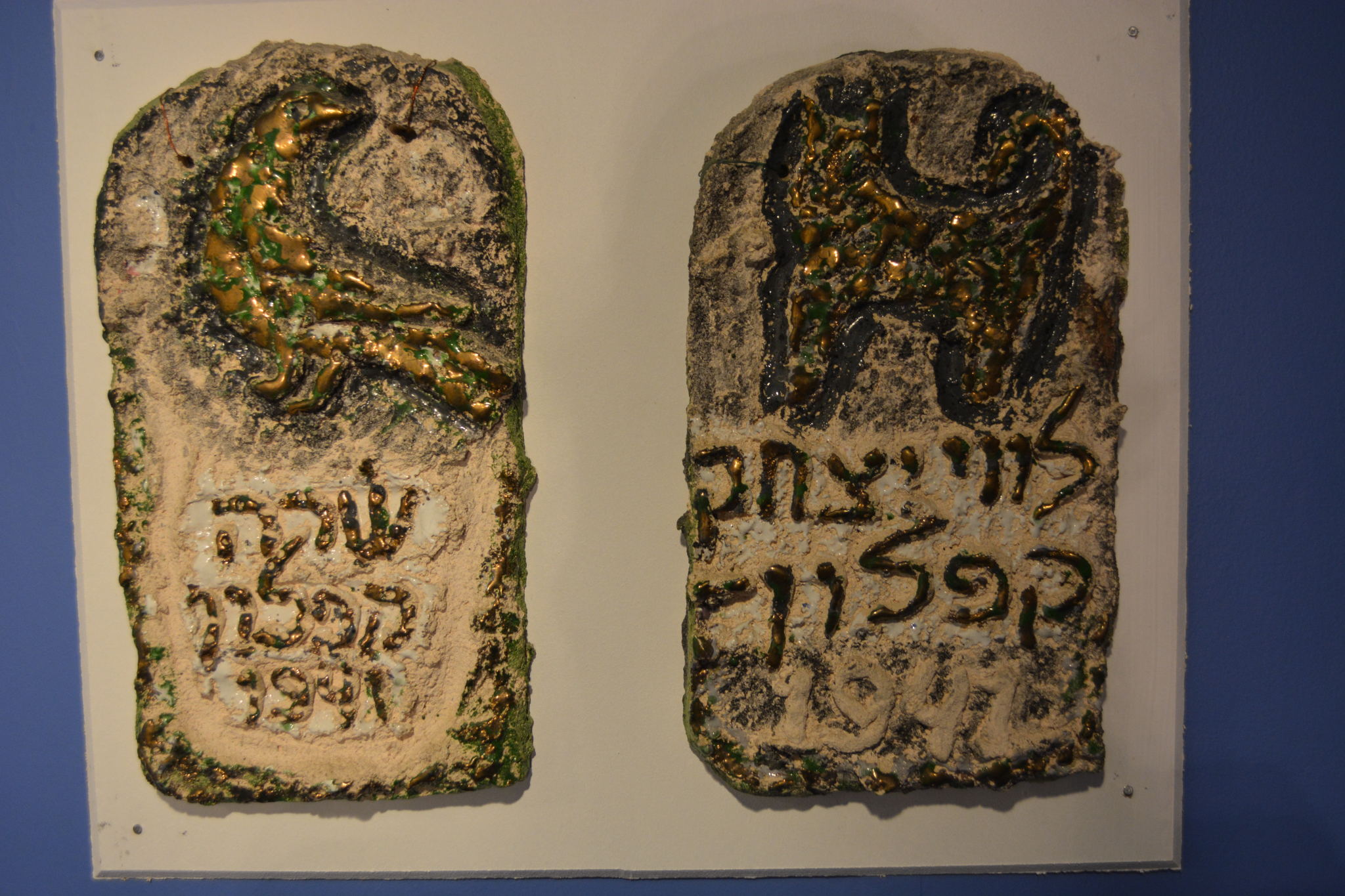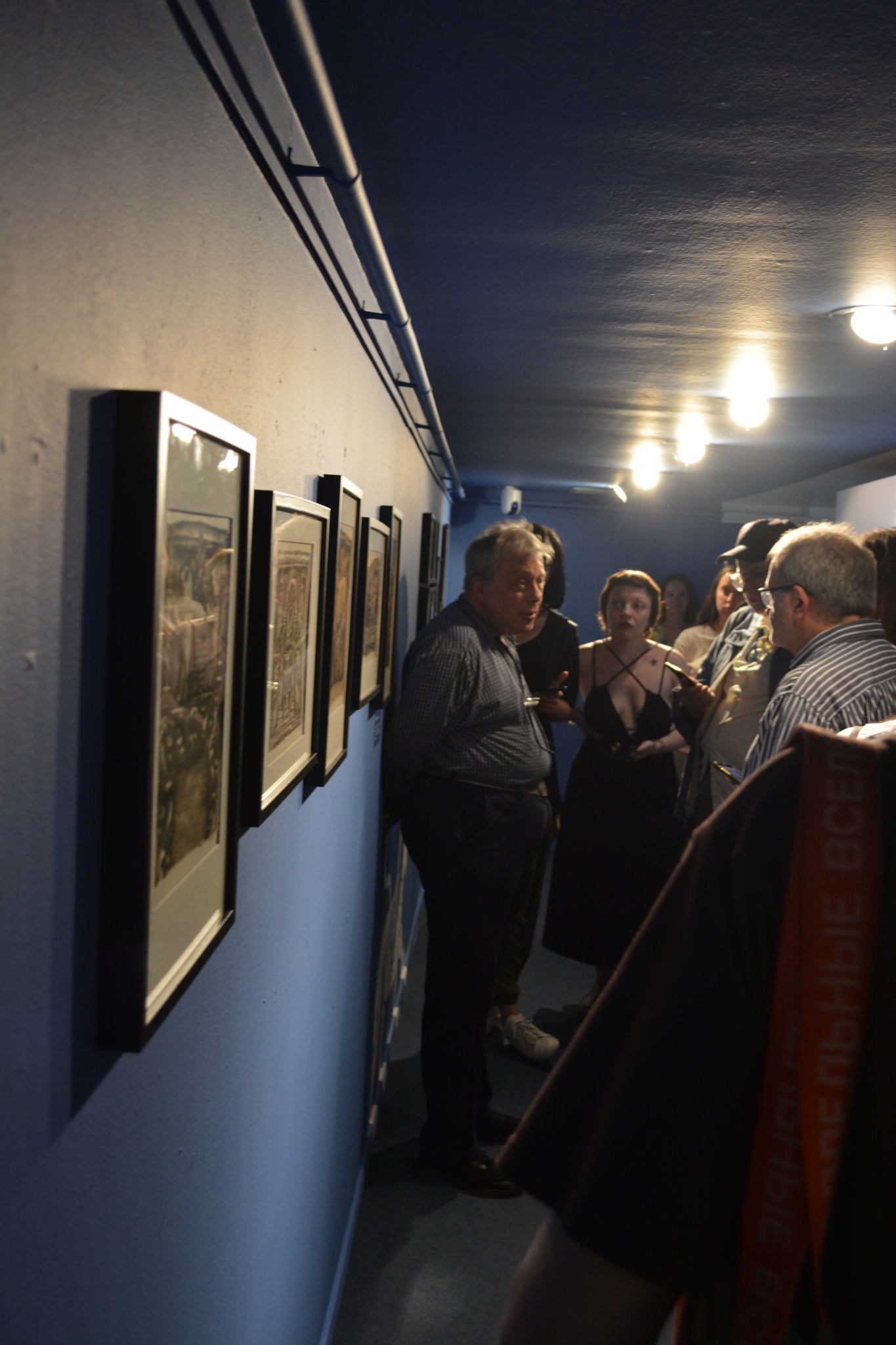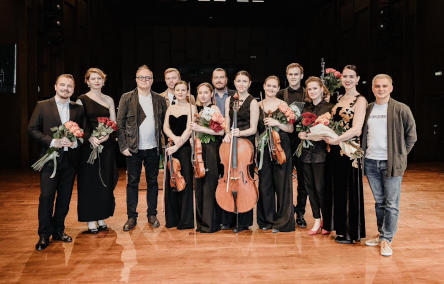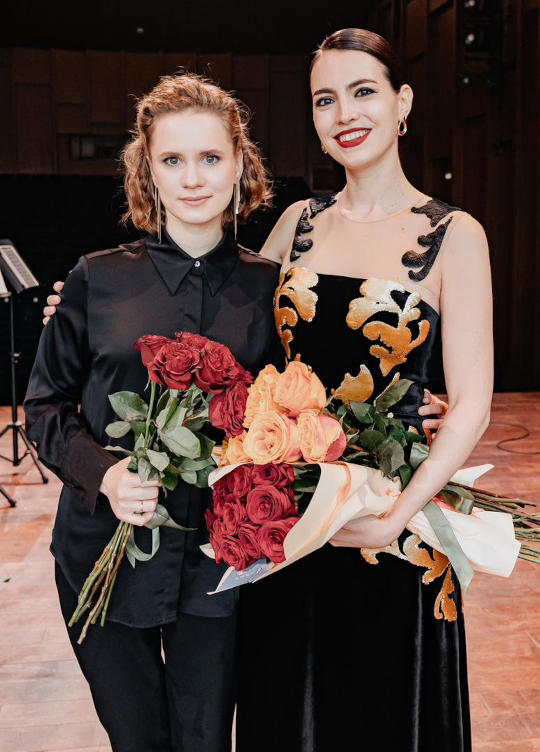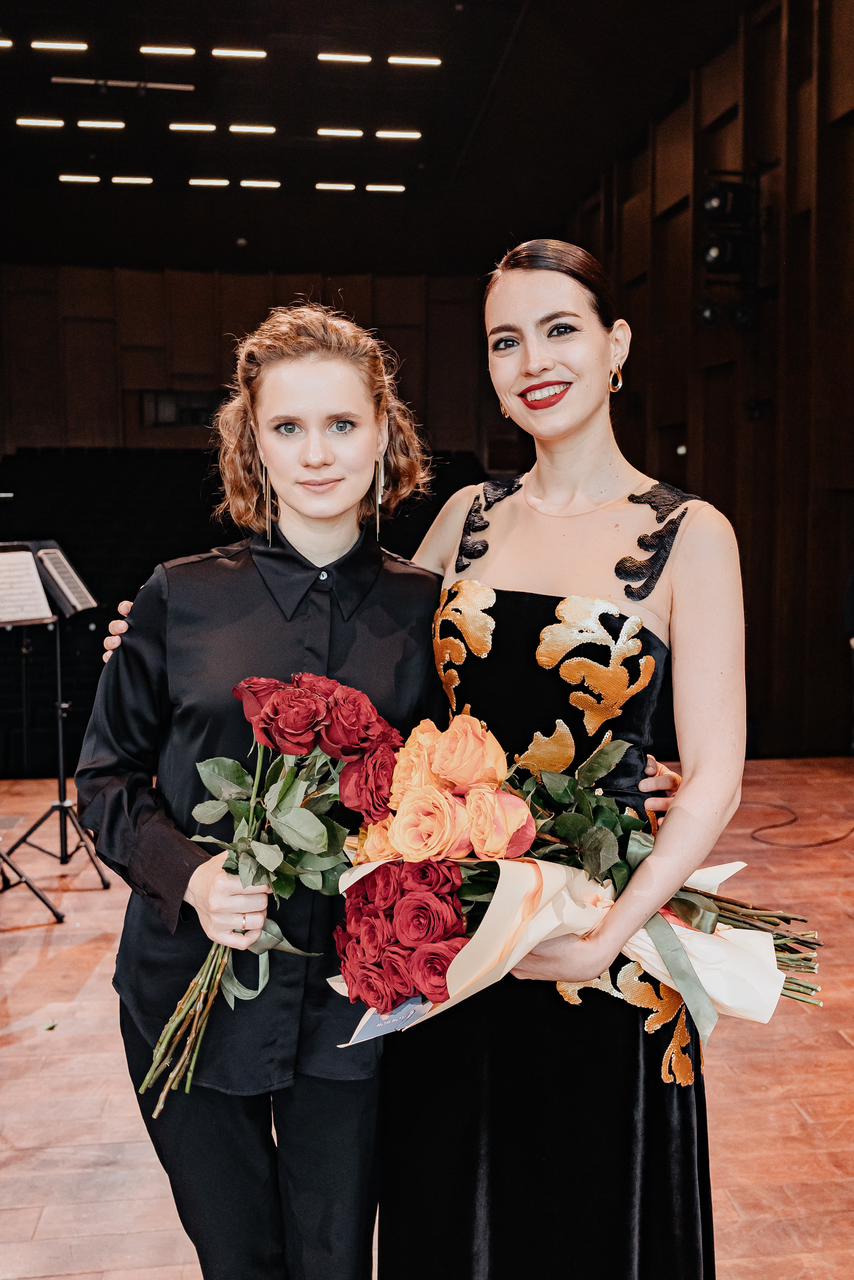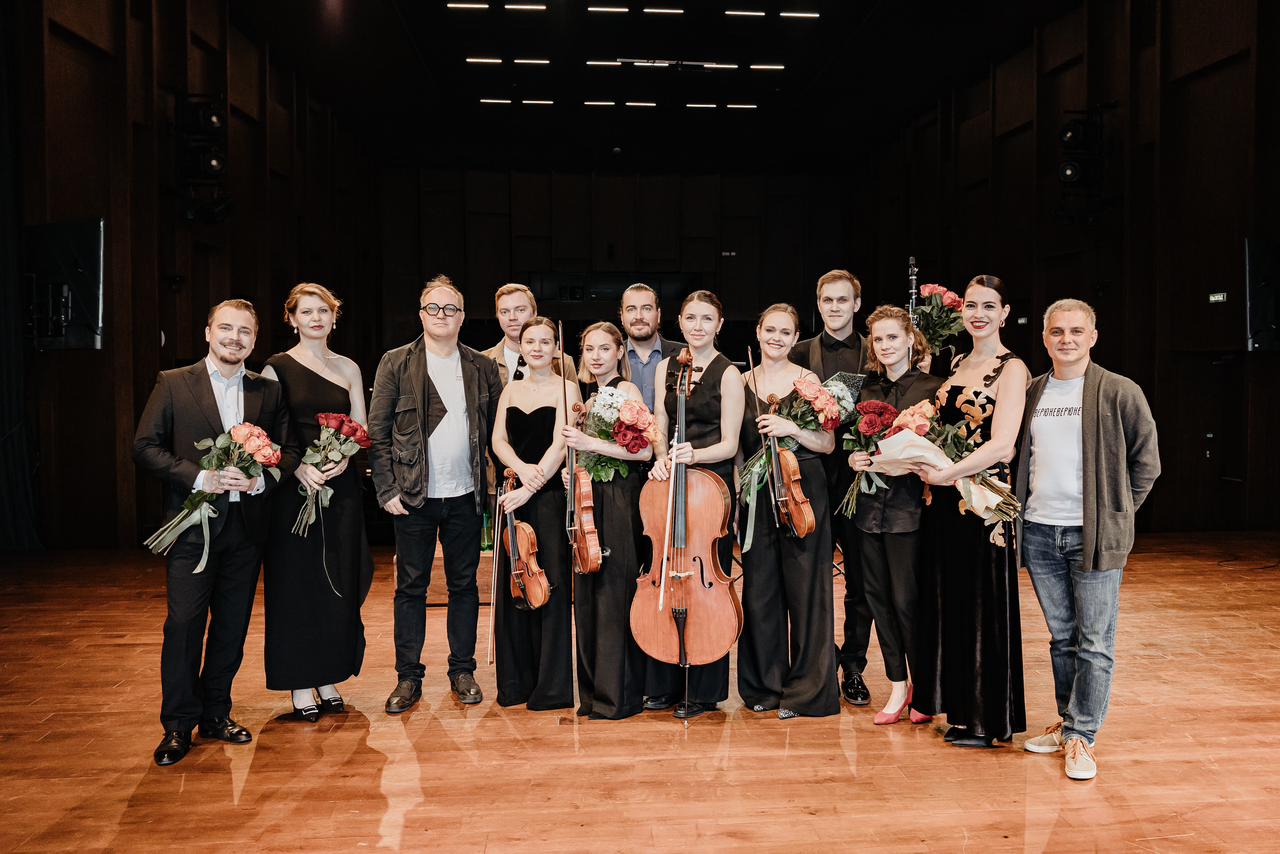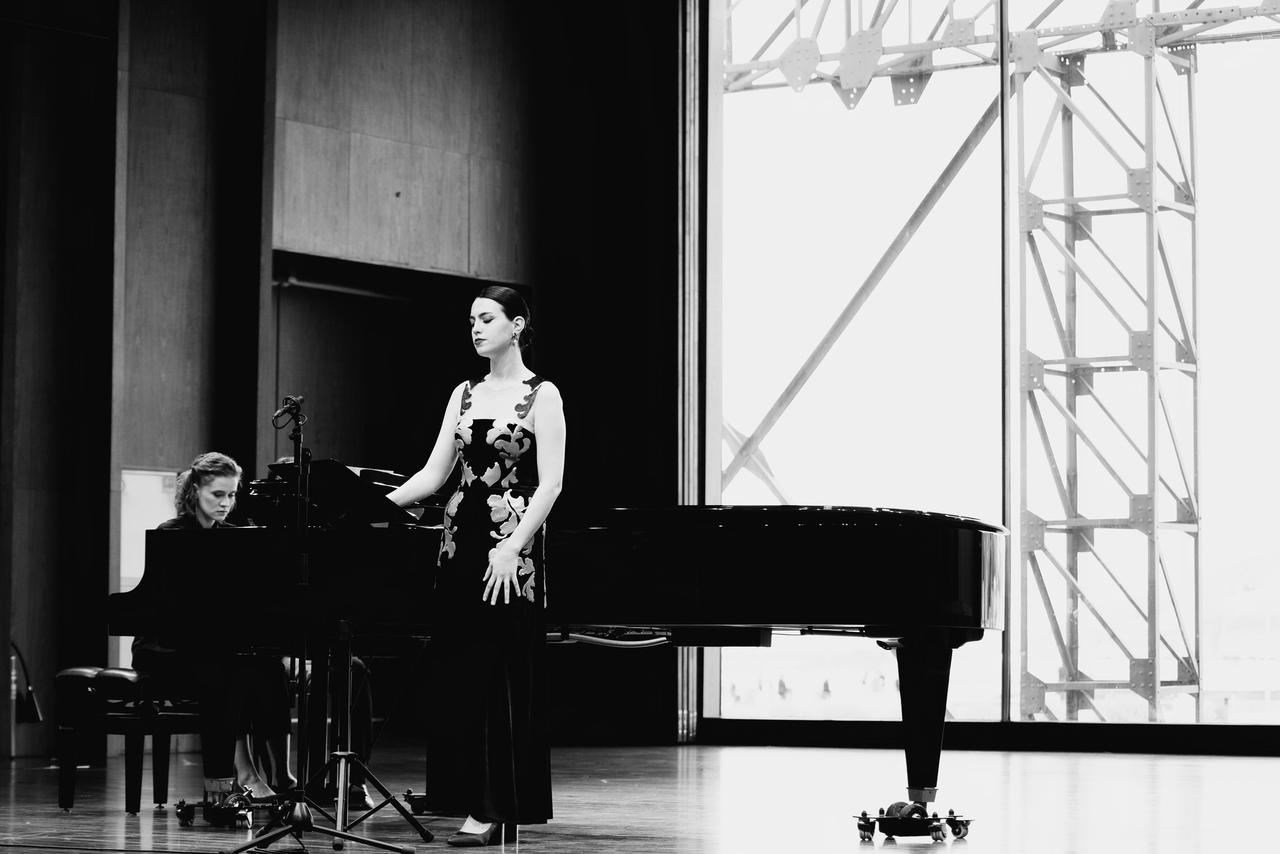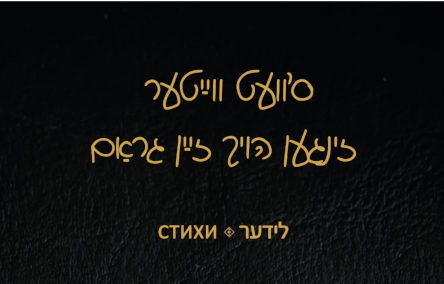
Yiddish WWII Poetry Book Presented in Moscow
Yiddish WWII Poetry Book Presented in Moscow
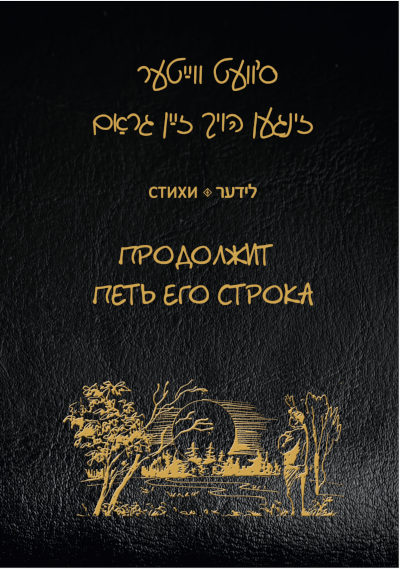 Several presentations in Moscow were dedicated to the unique bilingual Yiddish-Russian poetry book “Продолжит петь его строка” (His Poem’s Line Will Continue to Sing), which contains poems of 23 Yiddish poets who died as Red Army soldiers fighting the Nazis during WWII.
Several presentations in Moscow were dedicated to the unique bilingual Yiddish-Russian poetry book “Продолжит петь его строка” (His Poem’s Line Will Continue to Sing), which contains poems of 23 Yiddish poets who died as Red Army soldiers fighting the Nazis during WWII.
Published in Birobidzhan, the book is dedicated to the 80th anniversary of the WWII victory. The poems, previously published in their original in the 1985 Soviet volume Di Lire (The Lyre), were translated for the first time into Russian by the Birobidzhan-based poet Alla Akimenko. The new book is richly illustrated by Vladislav Tsap, the main illustrator for the newspaper Birobidzhaner Shtern and the author of numerous sculptures and other prominent art works in Birobidzhan.
The official presentation, led by Elena Sarashevskaya, the editor-in-chief of Birobidzhaner Shtern, the initiator of the book’s project and its sole curator, was held on September 30 at the Moscow’s National Center Russia. A few days earlier, on September 20 and 21, the book was also independently presented by two writers of Birobidzhaner Shtern, Yoel Matveyev and Lyubov Lavrova. Their presentations, also held in Moscow, were accompanied by readings of other wartime Yiddish poets, mainly Shmuel Halkin (1897-1960) whose 65th death anniversary was marked on September 21. Presentations and TV coverage of the book were held in Birobidzhan as well.
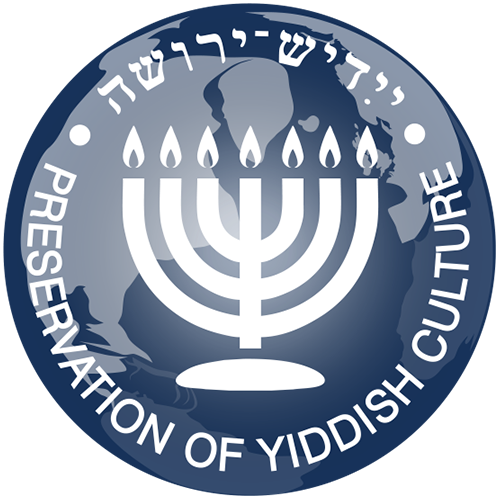
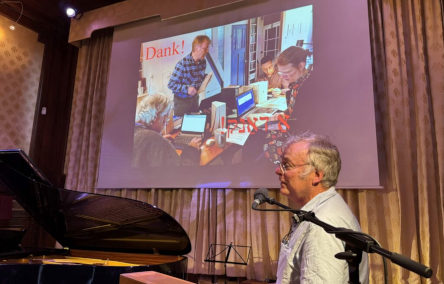
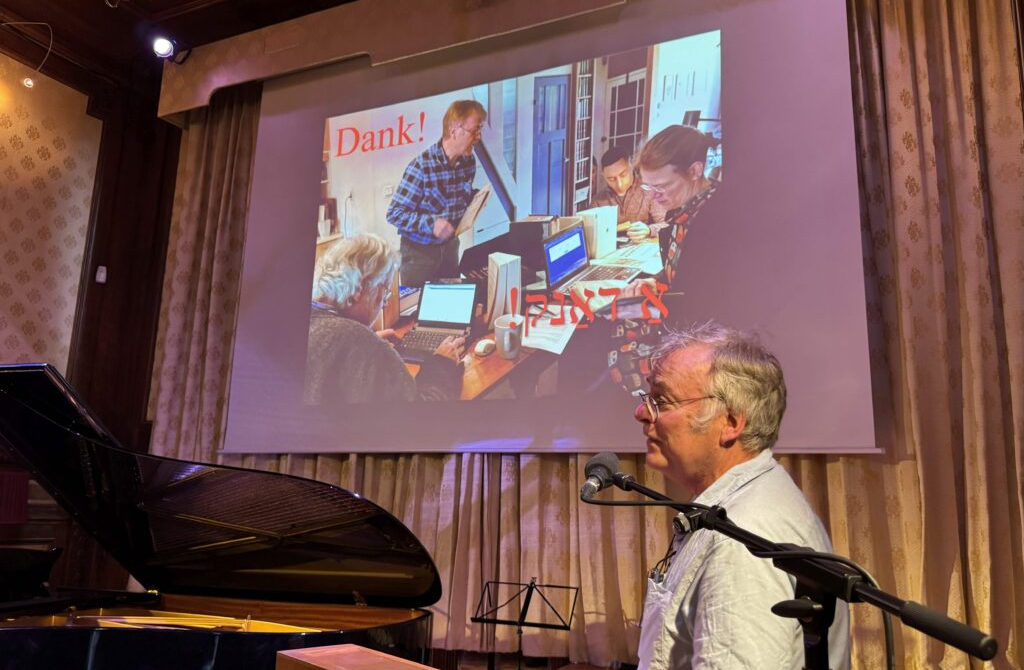
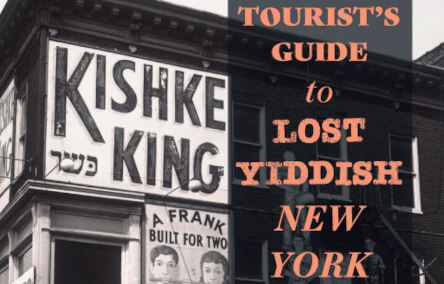
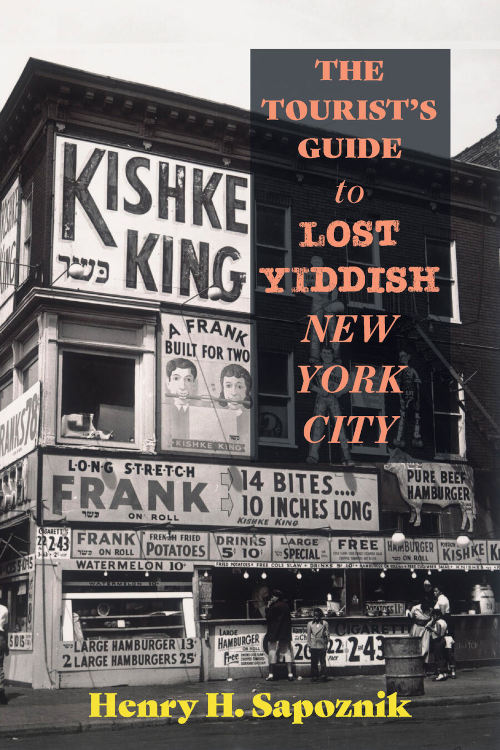 Henry Sapoznik, an award-winning producer of Yiddish recordings and radio programs, musicologist, performer and writer, published The Tourist’s Guide to Lost Yiddish New York City. Once upon a time, about a hundred years ago, about a million and a half of New York’s Jews spoke Yiddish at home and at work. Sapoznik covers virtually every aspect of their life and culture, from food to architecture, music and theater, illustrated by tickets, advertisements, posters, restaurant menus and various photographs.
Henry Sapoznik, an award-winning producer of Yiddish recordings and radio programs, musicologist, performer and writer, published The Tourist’s Guide to Lost Yiddish New York City. Once upon a time, about a hundred years ago, about a million and a half of New York’s Jews spoke Yiddish at home and at work. Sapoznik covers virtually every aspect of their life and culture, from food to architecture, music and theater, illustrated by tickets, advertisements, posters, restaurant menus and various photographs.
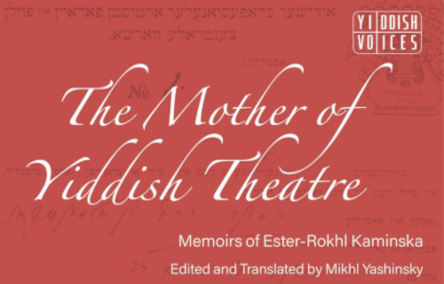
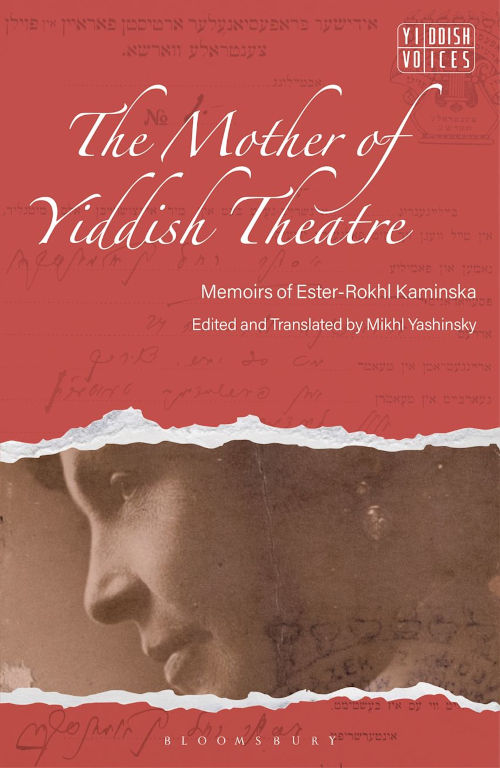 The memoirs of the pioneering Yiddish actress Ester-Rokhl Kaminska (1870–1925), have been for the first time published in English, translated by the actor and theater researcher Mikhl Yashinsky.
The memoirs of the pioneering Yiddish actress Ester-Rokhl Kaminska (1870–1925), have been for the first time published in English, translated by the actor and theater researcher Mikhl Yashinsky.
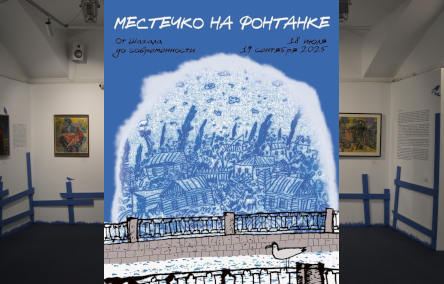
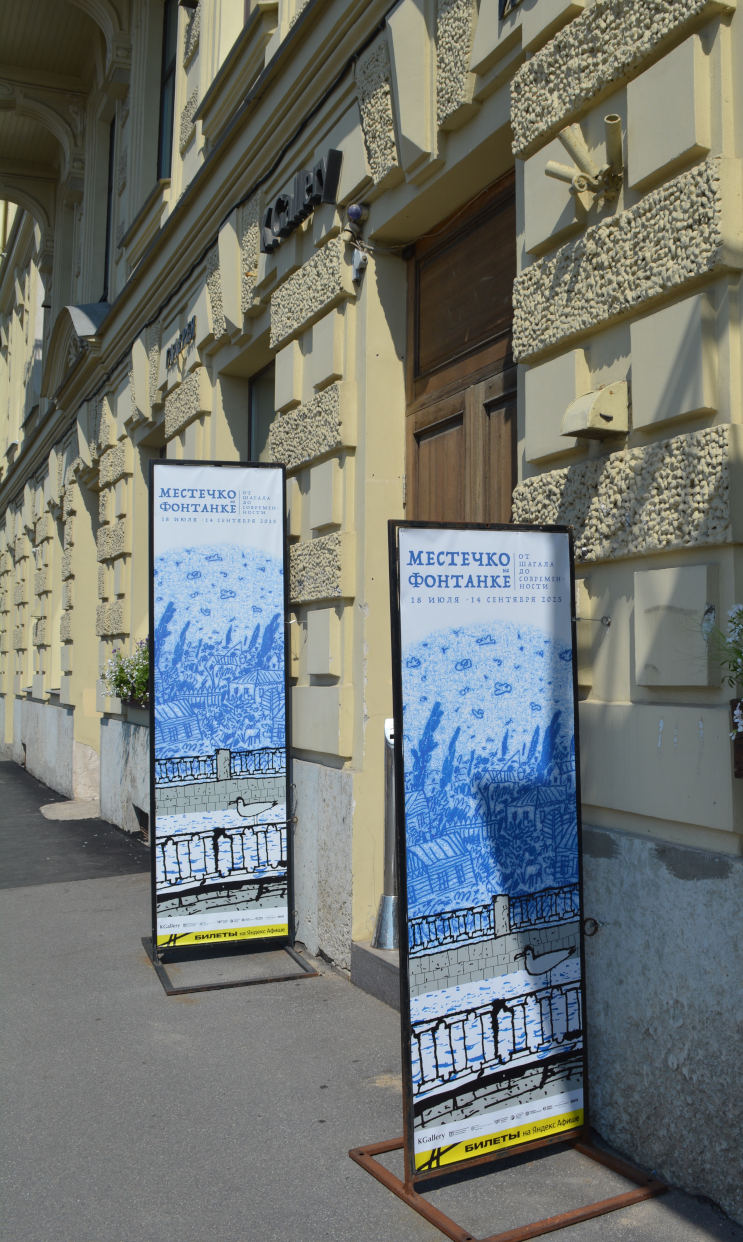 On July 17, 2025, the exhibition “Shtetl on Fontanka. From Chagall to the Present” opened at the KGallery in St. Petersburg. It is dedicated to Jewish artists whose life and work are closely connected to St. Petersburg. Fontanka is one of the city’s rivers. The project’s curator is Dr. Valery Dymshits, a folklorist and scholar of Yiddish literature. The conceptual design of the exhibition was created by the theater artist Valery Polunovsky.
On July 17, 2025, the exhibition “Shtetl on Fontanka. From Chagall to the Present” opened at the KGallery in St. Petersburg. It is dedicated to Jewish artists whose life and work are closely connected to St. Petersburg. Fontanka is one of the city’s rivers. The project’s curator is Dr. Valery Dymshits, a folklorist and scholar of Yiddish literature. The conceptual design of the exhibition was created by the theater artist Valery Polunovsky.
